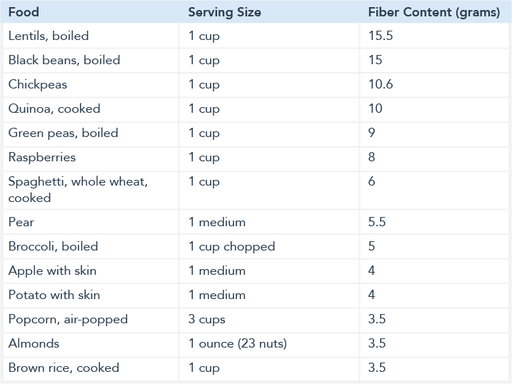Occasional Constipation
Judy Seybold, MS, RDN, LD, CLC
Chief Nutrition Officer
Constipation occurs when a person has three or less bowel movements in a week. Stool can be hard, dry, and difficult to pass. Constipation is not a disease, but if it lasts for several weeks or longer, it can be a symptom of an underlying problem so contact your healthcare provider.
According to the National Institute of Diabetes and Digestive and Kidney Diseases, constipation is relatively common with about 16 out of 100 people having symptoms of constipation. After the age of 60, it affects about 1/3 of the population. Factors that may increase your risk of chronic constipation include:
- Female gender
- Dehydration
- Depression
- Eating disorder
- Low fiber diet
- Medications including sedatives, high blood pressure, and antidepressants
- Older age
- Physical inactivity
Good news! Diet and lifestyle changes can help prevent and alleviate constipation:
- Drink plenty of water and other fluids
- Get adequate exercise
- Incorporate plenty of fruits, vegetables, whole grains, and legumes in your diet
- Eat fresh fruit in place of fruit juice
- Increase the amount of fiber in your diet gradually
- Talk with your healthcare team about the use of stool softeners or laxatives
Fiber Content of Common Foods
